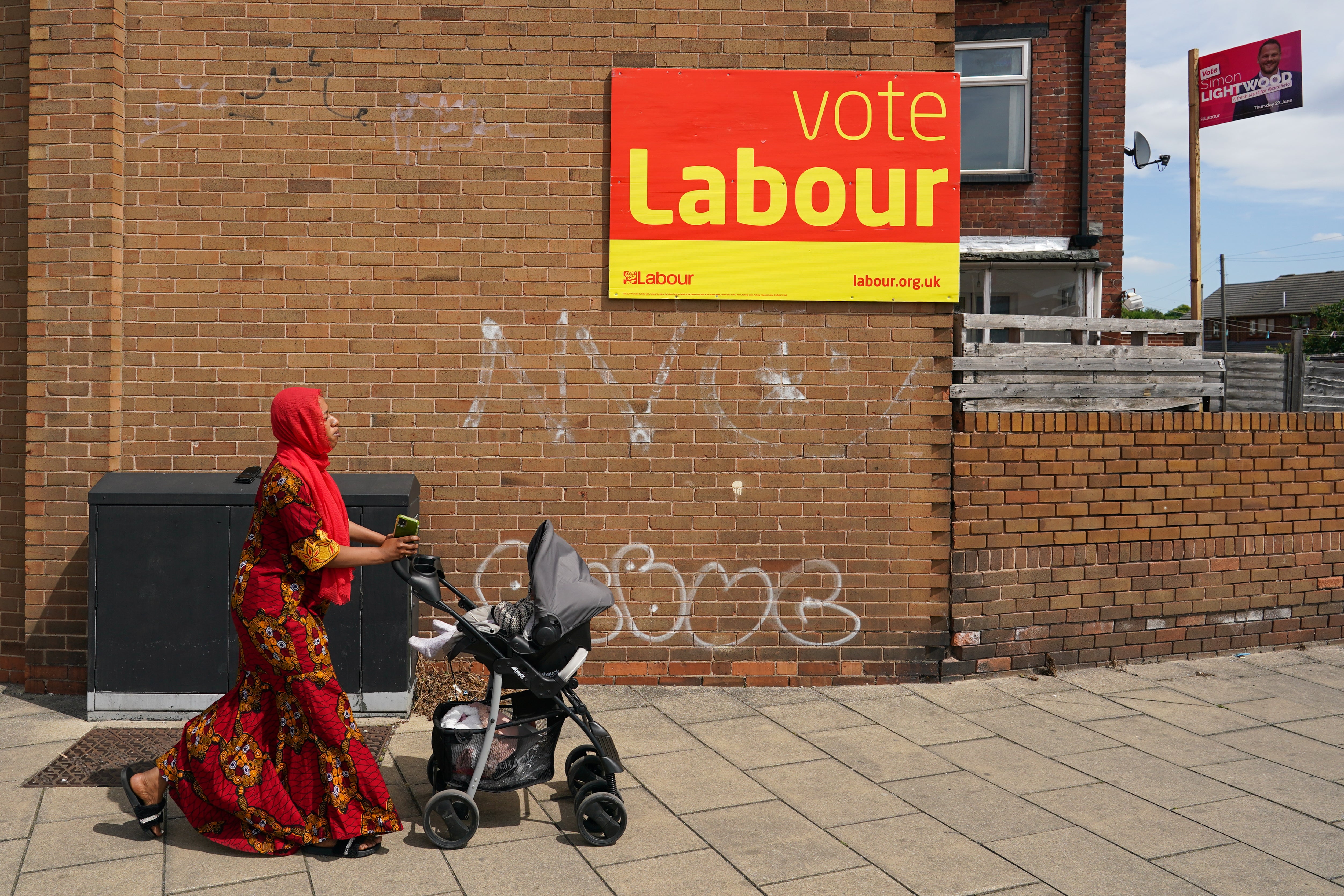What to watch for in Wakefield and Tiverton & Honiton results – and why swing matters
Even if the Conservatives hold on in Tiverton, a significant swing away would represent a major setback for Boris Johnson, as Sean O’Grady explains


Two by-elections on one evening is something of a treat for the political anorak community, but it looks to be a disappointing experience for the prime minister and those of his MPs seeking to continue their careers after the next election.
The first thing to watch for is swing, the measure of how far voters in Wakefield and Tiverton and Honiton respectively have changed their minds since the last general election. Much of this figure will reflect a “protest” among voters who will return to their older allegiances at the next election. Yet by-elections remain a valuable indicator of public sentiment, albeit a snapshot, and represent real votes rather than opinion polls.
In Wakefield, avoiding loss would be a great success for Boris Johnson, and a surprising one. It’s not unheard of for a governing party to retain one of its own seats – in fact, this government even gained a seat in Hartlepool – but opinion polls and the government’s well-known challenges mean its majority of 3,358 (7.5 per cent of the vote) is not safe enough to prevent an upset.
Two opinion polls specially commissioned in Wakefield suggest something like a 20 percentage point lead for Labour – equivalent to a 15 per cent swing to Labour since the 2019 general election and easily enough to win. That would be better than the current projected 9 per cent swing to Labour in national opinion polls. It also suggests the Labour revival is well underway in the north of England in red wall territory, once the party’s heartland.
Labour gaining Wakefield would represent the first Labour by-election gain from any party since Corby in 2012. Before that, you have to go all the way back to Wirral South in February 1997, which Tony Blair’s New Labour took with a 17.2 per cent swing in a harbinger of its landslide general election result in May the same year. If Labour’s Simon Lightwood secures a bigger swing than that, it will be something of a historic result.
Another factor to watch for in these two by-elections is tactical voting between Labour and the Liberal Democrats. In Wakefield, the Lib Dem vote at the last election was a mere 3.9 per cent so there isn’t much to “squeeze” – and in any case the Labour cause doesn’t seem to need much help. The opposite is true of Tiverton and Honiton, where, though finishing third in 2019, the Liberal Democrats have emerged as the main challenger to the Conservatives. Labour’s second placing last time was secured with a chunky 19.5 per cent of the vote. How far the Lib Dems persuade Labour supporters to “lend” them their vote will help decide the outcome of this election. The Lib Dems would need a 23 per cent swing to gain the seat, but they will be heartened by the 34.2 per cent swing they secured in North Shropshire last December after the resignation and scandal involving Owen Paterson. The other Lib Dem gain in this parliament was a year ago in Chesham and Amersham, on a 25 per cent swing.
Thus winning in Tiverton, though a tall order, would not be unprecedented. Even if the Conservatives manage to hold on, a slim majority would still represent a major electoral setback that could be explained away by the misfortunes of previous MP Neil Parish.
In fact, most of the by-elections in this parliament have seen considerable progress by the opposition parties, and growing evidence of tactical voting, which turbo charges any given Labour lead when translated into parliamentary seats. Perhaps the most telling result was the Old Bexley and Sidcup seat in December 2021. Even though the Conservatives regained the seat, it saw a 10 per cent swing from the Conservatives to Labour (enough to deliver a Labour government), assisted by an apparent collapse in the Lib Dem vote, the mirror image of North Shropshire where the Labour vote fell away by more than half, against the national trend.
Other parties in these seats are of less relevance, and the intervention of the Greens and Reform UK will more or less cancel each other out as far as the main contenders are concerned.
One smaller point concerning both these by-elections is the unusually poor quality of the candidates chosen by the Conservatives to defend their interests. This is a factor that the party cannot openly acknowledge but may well play a part in the result.
But much more important are the waning appeal of the prime minister, Partygate, the fading of Brexit as a positive force for Boris Johnson, the cost of living crisis, the rail strikes and the state of the NHS.



Join our commenting forum
Join thought-provoking conversations, follow other Independent readers and see their replies
Comments